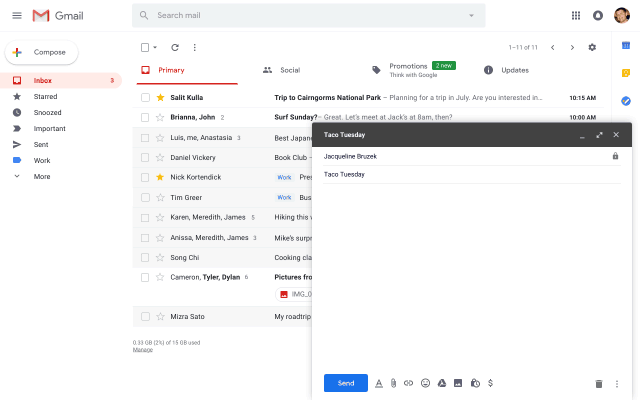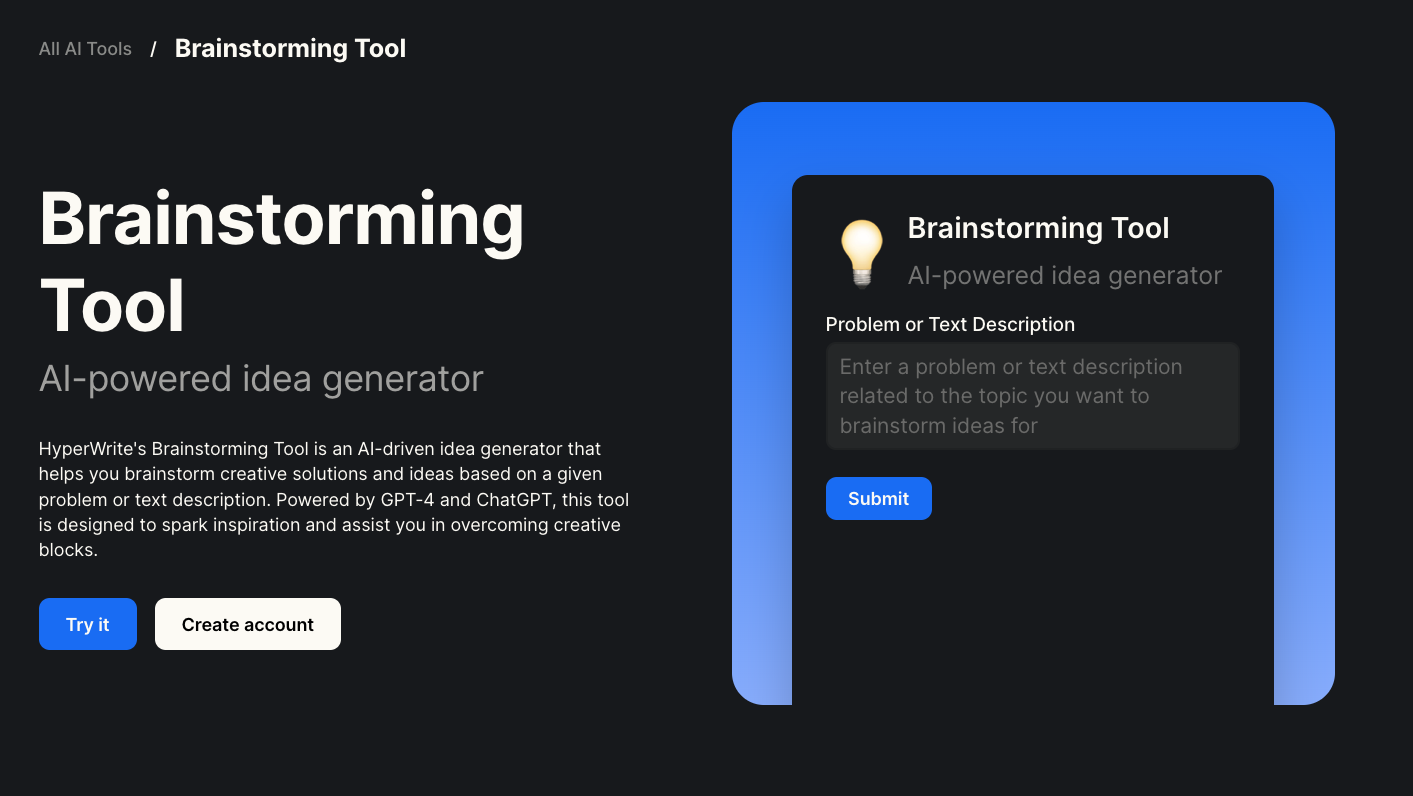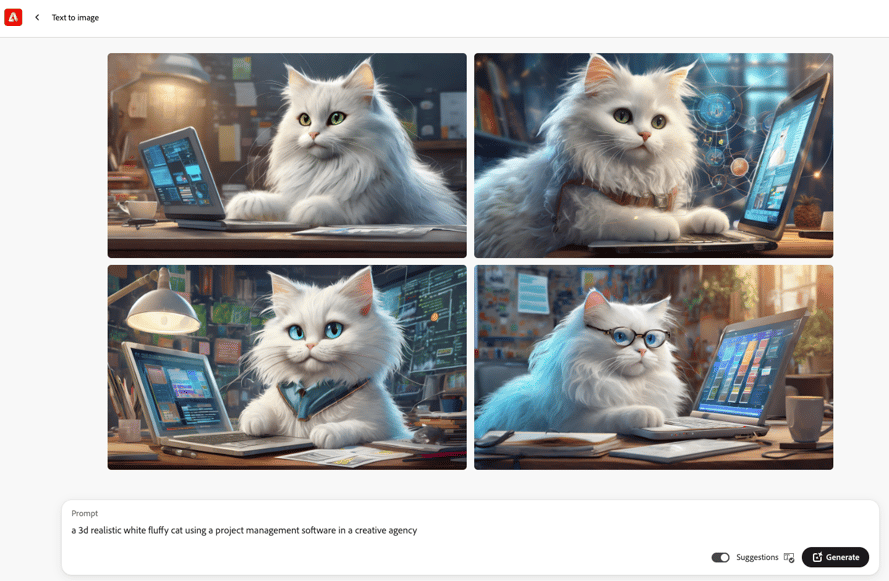Project managers are continually seeking innovative tools and methods to enhance project efficiency, productivity, and creativity. One such technology that has gained significant traction recently is Generative Artificial Intelligence (AI).
In this article, we provide project managers with an overview of Generative AI, its applications, benefits, and considerations for integration into project management workflows.
What is Generative AI?
Generative AI refers to a subset of artificial intelligence techniques that involve training algorithms to generate new content, such as images, text, music, and even videos, based on patterns and data inputs provided during the training phase. Unlike traditional AI models that are designed for specific tasks, generative AI models have the ability to create new, original content that mimics human creativity and intuition.
Applications of Generative AI in Project Management
Generative AI is a relatively new and the uses are still being discovered but here are some examples of how it can be applied in project management:
Automating Client Correspondence
Generative AI tools can be used to automate the generation of client correspondence, including emails, proposals, and project status updates. By analyzing historical communication data and learning from past interactions, AI models can generate personalized messages that align with the tone, style, and preferences of individual clients. This saves time for project managers and ensures consistent and professional communication with clients throughout the project lifecycle.

Generating Project Reports and Documentation
Generative AI can also assist project managers in generating project reports, documentation, and other written materials. AI-powered natural language generation models can analyze project data, milestones, and progress updates to automatically generate comprehensive reports that summarize project status, key achievements, challenges, and next steps. This streamlines the reporting process and ensures that stakeholders are kept informed and engaged.
Facilitating Ideation and Brainstorming Sessions
Generative AI tools can be used to facilitate ideation and brainstorming sessions by generating creative prompts, ideas, and concepts for project teams to explore. AI algorithms can analyze relevant data, trends, and patterns to generate novel ideas and stimulate innovation in areas such as product design, feature development, and marketing strategies. This encourages cross-functional collaboration and fosters a culture of creativity within project teams.

Creating Visual Assets and Designs
Generative AI can be leveraged to create visual assets, designs, and graphics for project presentations, marketing materials, and user interfaces. This is not to say it will replace designers but project managers can use these tools to create quick mock-ups or even images just to show concepts.

The Benefits of Generative AI for Project Managers
Like many professionals, generative AI solutions are helping in a number of ways, here are some of the benefits project managers can expect:
- Increased Efficiency: Generative AI can automate repetitive tasks such as summarising meeting notes writing placeholder emails allowing project managers to focus their time and resources on higher-value activities.
- Enhanced Creativity: Generative AI stimulates creativity and innovation by providing project teams with new ideas, perspectives, and possibilities that may not have been considered otherwise and may have had to rely on designers and creative teams for.
- Improved Decision-Making: Generative AI tools can generate insights and recommendations based on data analysis and pattern recognition, empowering project managers to make informed decisions and mitigate risks.
- Accelerated Prototyping: Generative AI enables rapid prototyping and iteration of design concepts and solutions, reducing time-to-market and increasing product quality and competitiveness.
- Adaptability and Scalability: Generative AI models can be trained and fine-tuned to meet the specific needs and requirements of different projects and industries, providing project managers with scalable and customizable solutions.
What to consider Generative AI into Project Management
With great power comes great responsibility as Spiderman's grandad once said. The same goes with the use of Generative AI tools. Here are some of the key considerations to remember:
- Data Privacy and Security: Project managers must ensure that sensitive data used to train generative AI models is handled securely and in compliance with relevant privacy regulations and standards.
- Ethical Considerations: Project managers should be mindful of the potential ethical implications of using generative AI, such as bias in training data, unintended consequences, and the impact on society and individuals.
- Training and Expertise: Project managers and team members may require training and expertise in AI technologies and methodologies to effectively leverage generative AI tools and techniques.
- Integration with Existing Workflows: Generative AI should be integrated seamlessly into existing project management workflows and processes to maximize its effectiveness and adoption by project teams.
Summary
Generative AI represents a powerful and versatile tool for project managers seeking to enhance creativity, efficiency, and innovation in project management. By leveraging generative AI techniques and applications, project managers can streamline workflows, stimulate collaboration, and unlock new possibilities for project success.
However, it is essential for project managers to approach the integration of generative AI with careful consideration of data privacy, ethical considerations, and the need for training and expertise. As generative AI continues to evolve and mature, its potential to transform project management practices and outcomes is vast, offering project managers new opportunities to drive value and excellence in their projects and organizations.
See Related Posts
Here are some related articles you might find interesting: